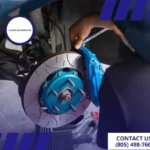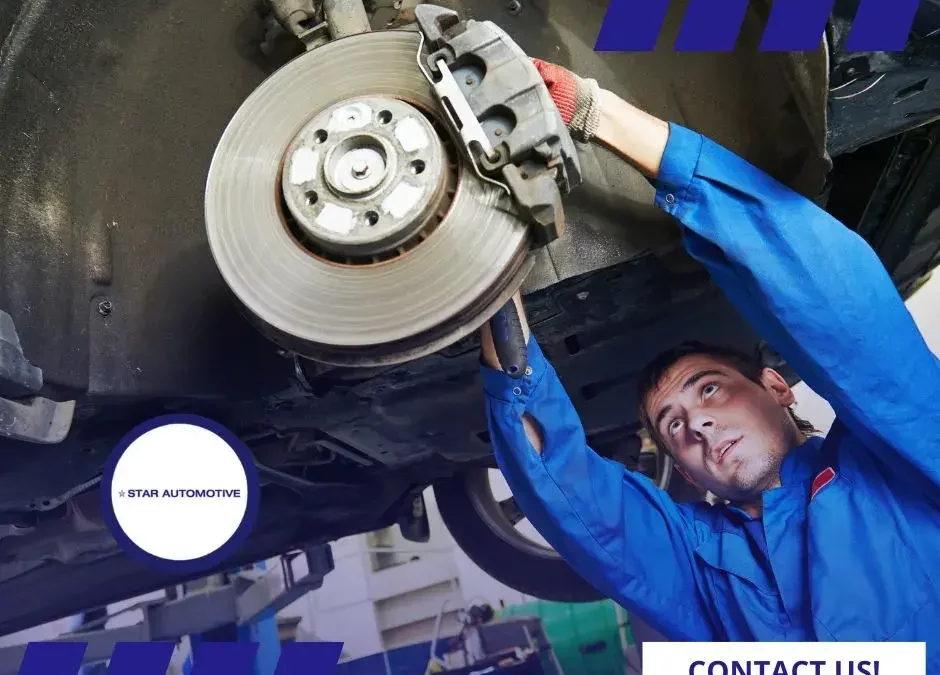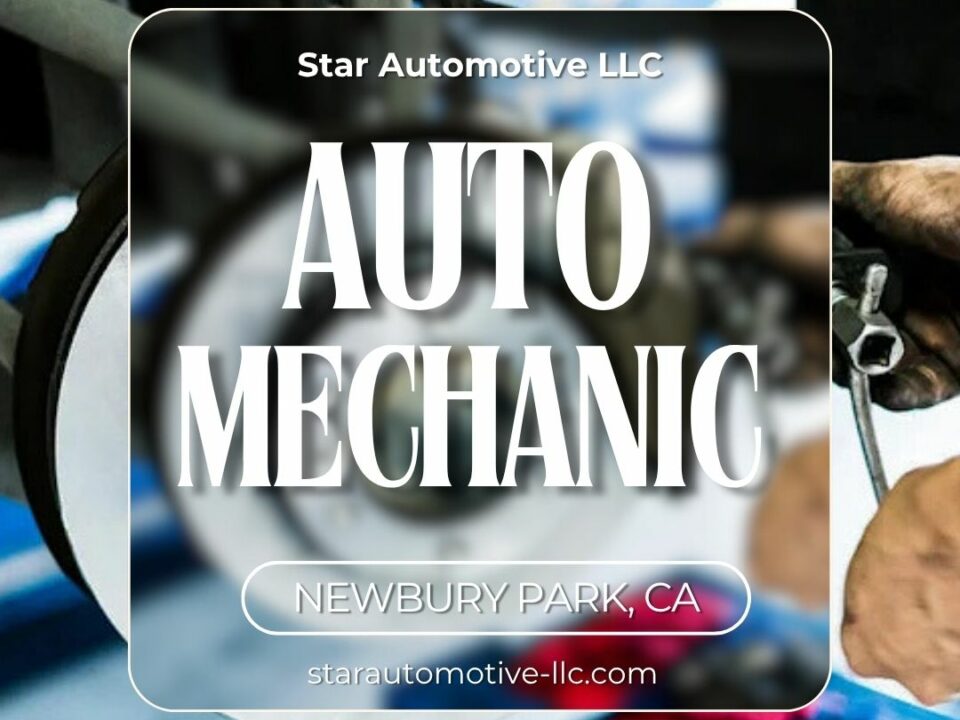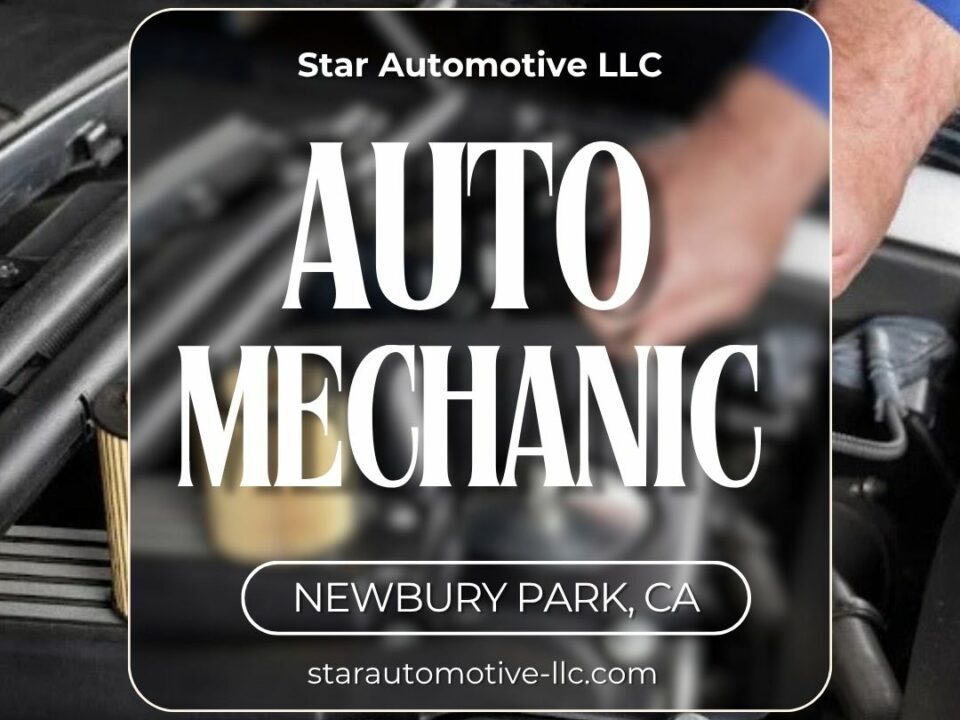
Comprehensive Auto Service: Solutions for Common Vehicle Issues
December 9, 2024
Why an Experienced Auto Mechanic Is Essential for Brake Repairs
December 12, 2024In the realm of automotive care, recognizing the subtle indicators that your brake system demands professional scrutiny is paramount. Whether navigating the bustling streets of New York or the serene avenues of Tokyo, the universal language of brake performance remains unchanged. Unfamiliar noises like squealing or grinding, often dismissed as minor inconveniences, can signify underlying issues that warrant immediate attention from an auto mechanic. Additionally, a spongy pedal feel or extended stopping distances could compromise your safety, urging a timely intervention. Understanding these nuances is essential for maintaining vehicular reliability and safety. What other symptoms might signal the need for expert evaluation?
Unusual Noises: When to Consult an Auto Mechanic
When was the last time you paid attention to the sounds your car makes? For many, the symphony of clanks, hums, and whirs is merely background noise. However, the auditory cues from your vehicle, especially from its braking system, are crucial indicators of its health.
Unusual noises such as squeals, grinding, or a persistent thumping sound can signify underlying issues that demand immediate attention. Squealing noises often point to worn brake pads, a common issue in various makes and models, from the agile Honda Civic to the robust Ford F-150. These noises are typically a result of the wear indicator – a small metal tab – coming into contact with the brake rotor.
Grinding sounds could indicate that the brake pads are entirely worn out, allowing metal components to collide. This scenario is not only detrimental to your braking performance but could also lead to costly repairs.
Thus, understanding these nuances becomes vital for car owners who wish to keep their vehicles in optimal condition and maintain a sense of belonging within their automotive community. Recognizing and addressing such sounds can prevent minor issues from escalating into major mechanical failures, ensuring your car remains both safe and reliable.
Reduced Braking Performance
How often do you find yourself pressing harder on the brake pedal than usual? A decline in braking performance is not merely an inconvenience; it signifies potential underlying issues that demand immediate attention. Reduced braking efficiency can stem from various factors, including worn-out brake pads, contaminated brake fluid, or compromised brake lines. Each component plays a critical role in ensuring your vehicle’s safety, and any degradation in their function can lead to prolonged stopping distances, increasing the risk of accidents.
In today’s fast-paced world, where precision and reliability are paramount, understanding the intricacies of your vehicle’s brand-specific braking system is essential. For instance, BMW’s advanced braking technology requires distinct attention due to its unique engineering.
Similarly, understanding cultural driving nuances, such as stop-and-go city traffic versus rural driving, influences brake wear and performance.
Belonging to a community of informed drivers means being proactive about vehicle maintenance. Regular inspections by a certified auto mechanic and adhering to manufacturer-specific guidelines can mitigate risks associated with reduced braking performance. Embrace the responsibility of ensuring your vehicle’s braking system operates optimally, safeguarding not only your life but also the lives of others on the road.
In conclusion, the presence of unusual noises such as squealing or grinding, combined with diminished braking performance, serves as a critical indicator of potential brake system malfunction. Ignoring these symptoms could lead to significant safety hazards. But what could be more crucial than ensuring the reliability of a vehicle’s braking system? Prompt intervention by an experienced auto mechanic is essential to maintain optimal functionality and safety standards. Addressing these issues promptly reflects a commitment to both technical precision and road safety.




